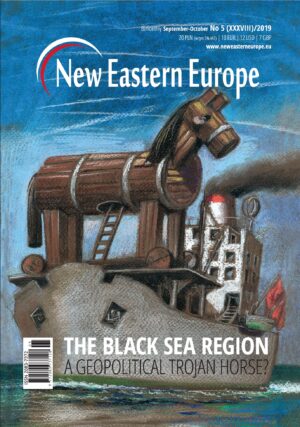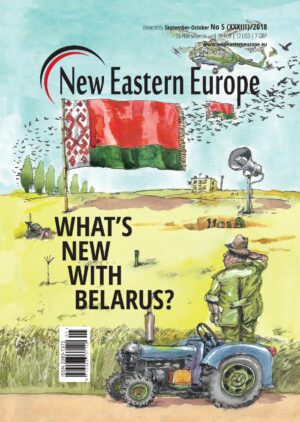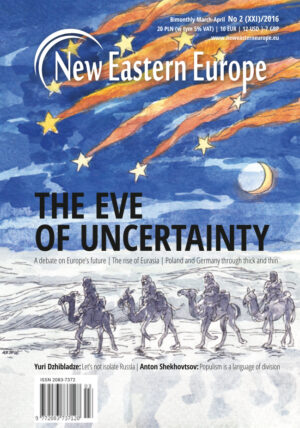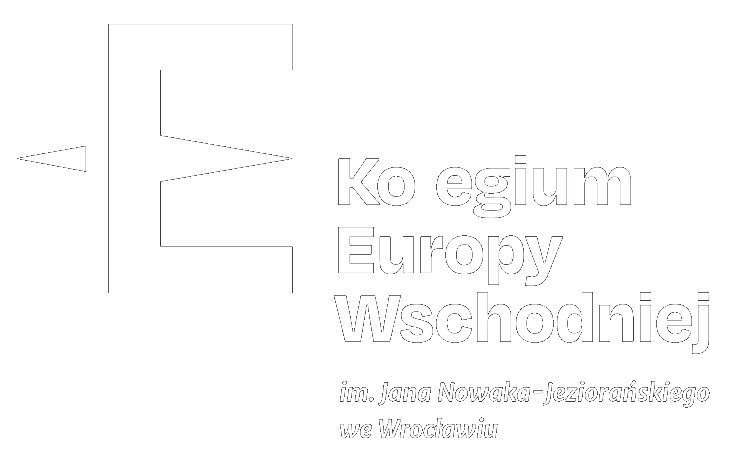Opis
Purchasing the issue gets you immediate PDF access and we will ship you a hard copy to your door!
The situation with Russian threats towards Ukraine once again illustrates the high level of instability in our region. While certainly security and geopolitics are right now at the top of the agenda, other types of instability also remain, including political, economic and social. In this issue, our authors help us get to the core of this instability and in some cases offer solutions for overcoming it.
James Sherr opens the issue with his essay on how the Eastern Partnership, while not a hard power instrument, can still be a positive force for transformation. Paweł Kowal and Agnieszka Bryc discuss the other side of the coin – Kremlin aspirations for rebuilding old spheres of influence. Valery Karbalevich analyses the West’s actions towards the regime in Belarus since 2020; and asks if it is ready to go to the next level. Hanna Hopko and Shota Kakabadze give us perspectives from Ukraine and Georgia respectively, while Tiziano Marino points to new geopolitical players who are making appearances in the South Caucasus. Finally, a much-needed discussion on German policy towards the region is facilitated by Andreas Umland and Iris Kempe.
All of these essays can and should be put into the context of what is happening around us and help us reflect on the course of events in the coming months and year. Should war escalate again in Ukraine, how will the instability further deteriorate? And how far is the Kremlin willing to go in order to achieve its aims?
We close this issue with a special dispatch from Donbas by Iwona Reichardt, our deputy chief editor, who spent a week in eastern Ukraine on a study tour for international journalists. She reminds us that despite the fact that international media is warning of a new war, for those who live there on the front lines, the war has never really ended.








